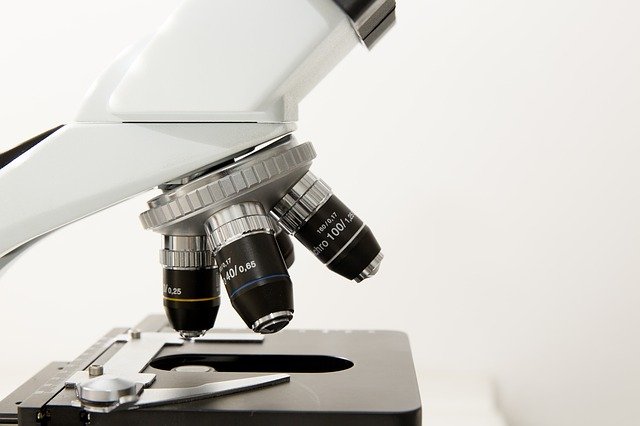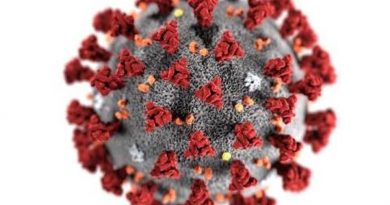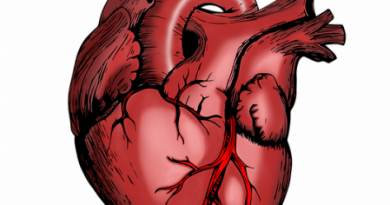Safer Medicines Reports Good News on it’s Work in Human Relevant Life Sciences
Image by Markus Spiske from Pixabay
Note: this article from the UK contains links to excellent documents regarding human relevant scientific approaches.
…We are very pleased to be working with so many excellent partners on a number of initiatives, which are beginning to bear fruit:
- Our parliamentary Early Day Motion, EDM 256: Accelerating human relevant life sciences in the UK, tabled by Sir David Amess MP on behalf of the Alliance for Human Relevant Science was signed by 103 MPs. This EDM (a parliamentary petition) was the 8th most popular out of 2,276 EDMs in the 2019-2021 parliamentary session, showing just how important the issue is to MPs and their constituents. Thank you for asking your MP to sign. MPs’ support was greatly boosted by encouragement from supporters of our Alliance partners Animal Free Research UK, Cruelty Free International and The Lord Dowding Fund.
- We are also delighted by the progress being made by the All Party Parliamentary Group for Human Relevant Science in gathering evidence about the status of funding and opportunities for human relevant approaches in the UK. Grahame Morris MP superbly chairs the group and its meetings, with a variety of eminent external speakers. The group will report on its findings at the end of this year. We are very grateful to Grahame Morris for distributing a Briefing document to all MPs, to educate them about this vital issue. Please write to your own MP to help them understand the importance of this issue for humanity and ask them to urge the Prime Minister to take decisive action.
- For years Safer Medicines Trust has been calling for a comparison of human-relevant tests versus animal tests to show which is the better way to assess the safety of medicines. We are very proud to have been a partner in a world-first comparative study led by Dr Katya Tsaioun of the US Evidence-based Toxicology Collaboration (EBTC) and the Norwegian Institute of Public Health, with an international collaboration of scientists from many disciplines. We are so pleased to tell you that this long-awaited study has now been published in Nature Scientific Reports: www.nature.com/articles/s41598-021-85708-2. This is a landmark study, which demonstrates that sophisticated human-relevant technologies offer a new paradigm for preventing adverse drug reactions and saving patients’ lives, proving superior to animal tests and even human clinical trials in detecting a new medicine’s subtle signals of harm. It is imperative that action is now taken to routinely incorporate these approaches into drug discovery and development, to reduce the ever-increasing toll of adverse drug reactions.




